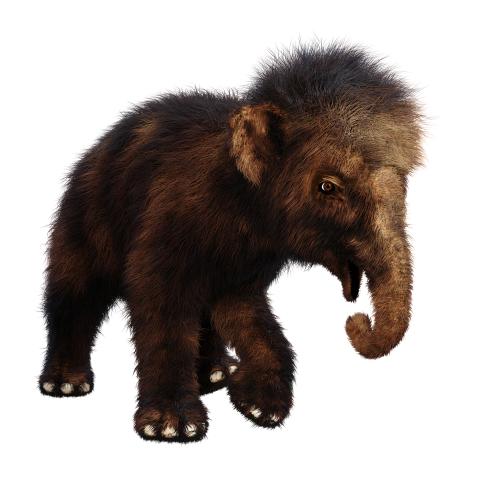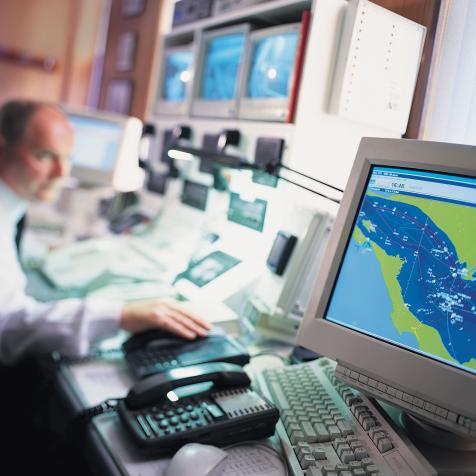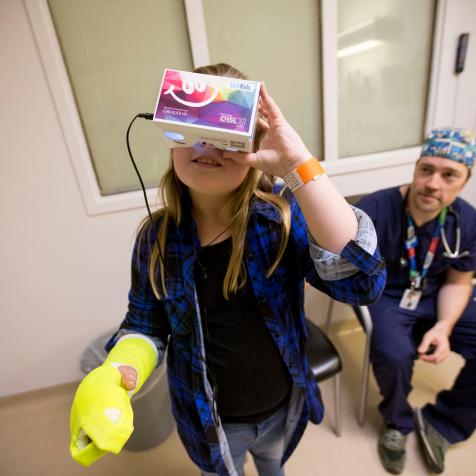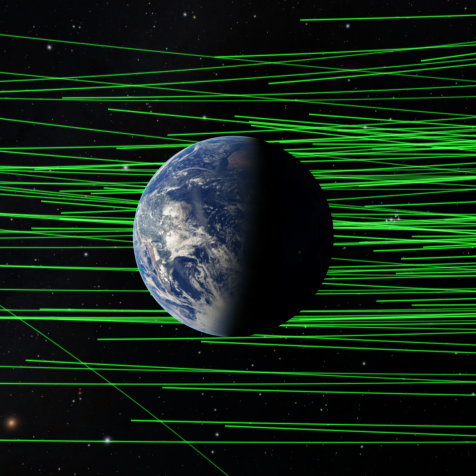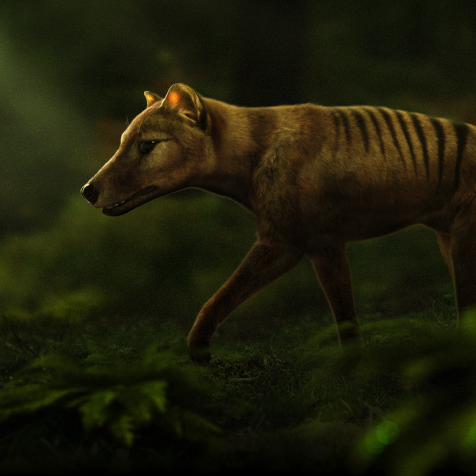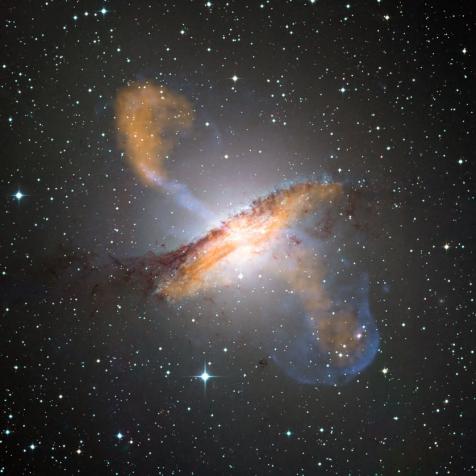
Aaron Foster
Earth Day: The Perspective from Space
Greetings Earthlings! Astronomers from Lowell Observatory discuss the iconic Pale Blue Dot shot of the Earth and other Earth-like planets.
This year marks the 50th anniversary of Earth Day and Lowell Observatory in Flagstaff, Arizona is celebrating the Earth from the context of our solar system.
This Wednesday at 9 PM ET, live talks from Lowell astronomers and educators will look at Earth from a solar system perspective, our common bond as Earthlings, and reflect on the view of Voyager 1 in its iconic Pale Blue Dot image of the Earth.

This updated version of the iconic "Pale Blue Dot" image taken by the Voyager 1 spacecraft uses modern image-processing software and techniques to revisit the well-known Voyager view while attempting to respect the original data and intent of those who planned the images. Credit: NASA/JPL-Caltech
They will also discuss the elusive search for Earth-like planets orbiting other stars. Tune into the live stream to learn more about how cities like Flagstaff are lessening light pollution as an element of environmental awareness and the steps you can take to preserve the Earth's dark skies wherever you live.



































































